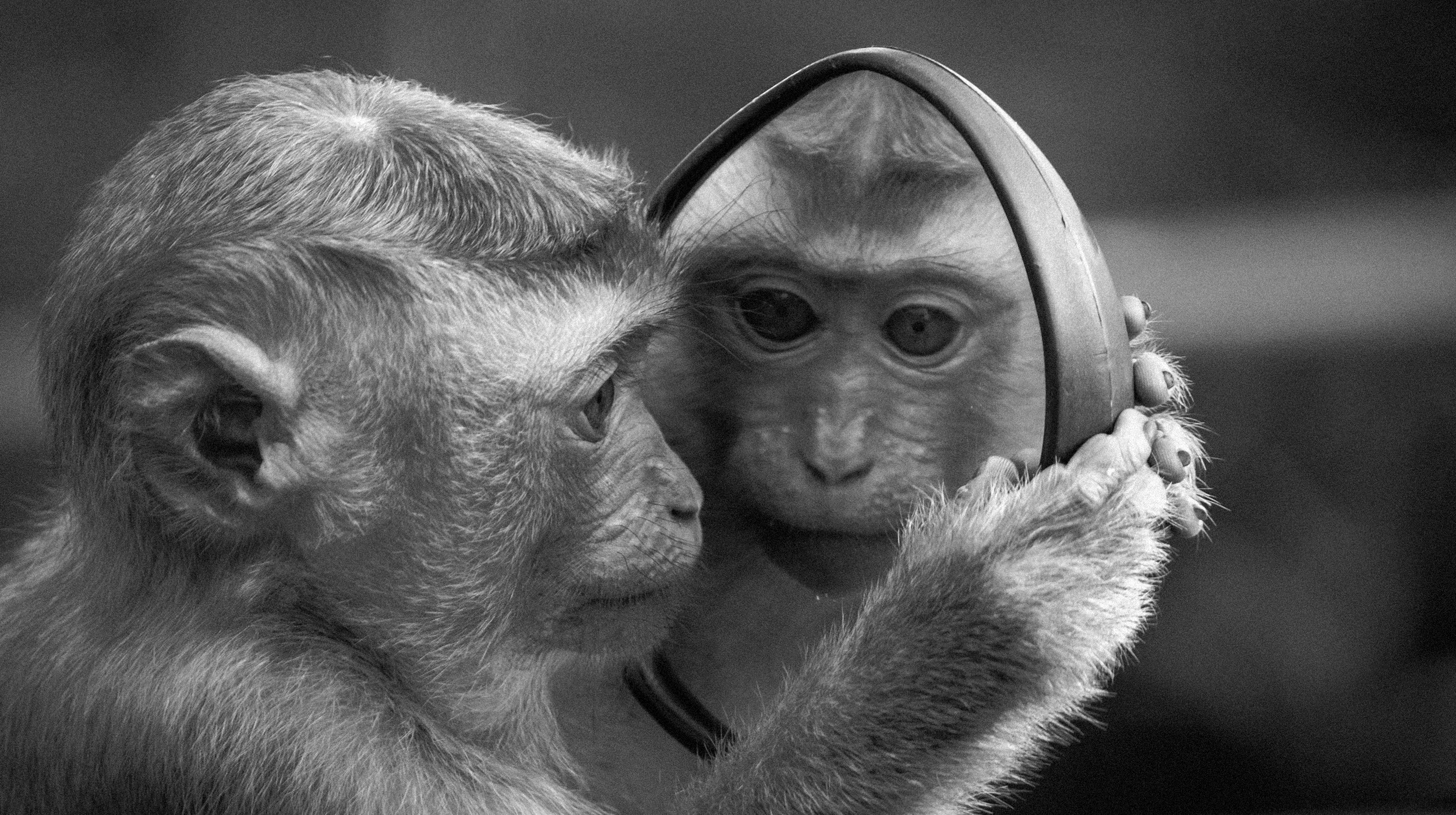Neuropsych
All Stories
Researchers at the University of Illinois Chicago find that death triggers increased activity in certain brain cells.
A new study explores how using positive labels to describe a majority group may negative impact perceptions of minority groups.
Intrinsic religiosity has a protective effect against depression symptoms.
Labeling thinkers like Albert Einstein and Steve Jobs as “other” may be stifling humanity’s creative potential.
▸
14 min
—
with
People may be more willing to get vaccinated when told how popular it is.
How our brains interpret computer code could impact how we teach it.
Scans show similar activity to what occurs when you think about yourself.
Flying that helicopter too low is counterproductive.
Next time you listen to scary campfire stories, sit with a friend who has aphantasia.
“The smell of fresh chopped parsley may evoke a grandmother’s cooking, or a whiff of a cigar may evoke a grandfather’s presence,” says author.
A psychologist and a doctor of emergency medicine explain.
A study of 1.6 million people ties high incomes with more positive emotions and fewer negative ones, but only towards the self.
The present-moment awareness that stems from mindfulness practices may be the cost-effective tool that our society needs.
As patients approached death, many had dreams and visions of deceased loved ones.
How different people react to threats of violence.
Remedies must honor the complex social dynamics of adolescence.
New studies show that some people can hear and respond to questions while dreaming.
Can playing video games really curb the risk of depression? Experts weigh in.
It’s not the caffeine; it’s the people.
In-depth research suggests BDSM practitioners can experience altered states of consciousness that can be therapeutic.
From baboon hierarchies to the mind-gut connection, the path to defeating depression starts with understanding its causes.
▸
23 min
—
with
Scientists observe how the halves of the brain keep us informed about everything everywhere.
Words of wisdom from H.P. Lovecraft, Sir Anthony Hopkins, Dr. Temple Grandin, Hannah Gadsby and more.
In the future, you might voluntarily share your social media data with your psychiatrist to inform a more accurate diagnosis.
How much of this can be linked to genetics?
Most people believe you can win an argument with facts – but when “facts” are so often subject to doubt, are personal experiences trusted more?
A recent study showed that monkeys can make logical choices when given an A or B scenario.
Answering the question of who you are is not an easy task. Let’s unpack what culture, philosophy, and neuroscience have to say.
▸
12 min
—
with
When someone is lying to you personally, you may be able to see what they’re doing.





























